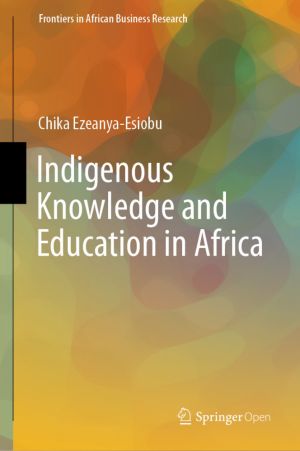
This book presents a strong philosophical, theoretical and practical argument for the mainstreaming of indigenous knowledge in curricula development, and in teaching and learning across the African continent. Since the dawn of political independence in Africa, there has been an ongoing search for the kind of education that will create a class of pr...
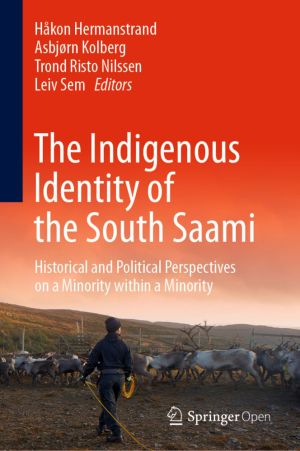
This book is a novel contribution in two ways: It is a multi-disciplinary examination of the indigenous South Saami people in Fennoscandia, a social and cultural group that often is overlooked as it is a minority within the Saami minority. Based on both historical material such as archaeological evidence, 20th century newspapers, and postcard motiv...

Exploring indigenous life projects in encounters with extractivism, the present open access volume discusses how current turbulences actualise questions of indigeneity, difference and ontological dynamics in the Andes and Amazonia. While studies of extractivism in South America often focus on wider national and international politics, this contribu...
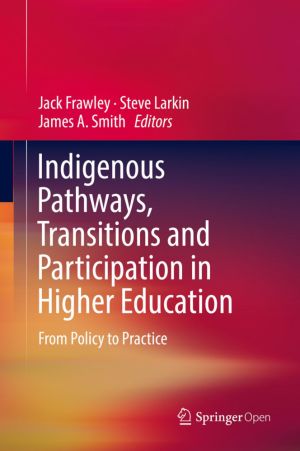
This book brings together contributions by researchers, scholars, policy-makers, practitioners, professionals and citizens who have an interest in or experience of Indigenous pathways and transitions into higher education. University is not for everyone, but a university should be for everyone. To a certain extent, the choice not to participate in ...
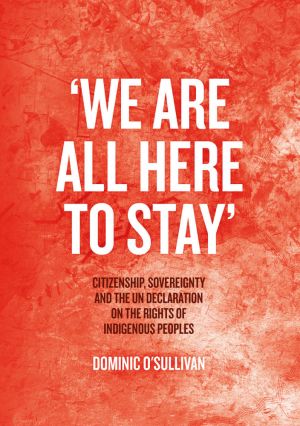
In 2007, 144 UN member states voted to adopt a Declaration on the Rights of Indigenous Peoples. Australia, Canada, New Zealand and the US were the only members to vote against it. Each eventually changed its position. This book explains why and examines what the Declaration could mean for sovereignty, citizenship and democracy in liberal societies ...
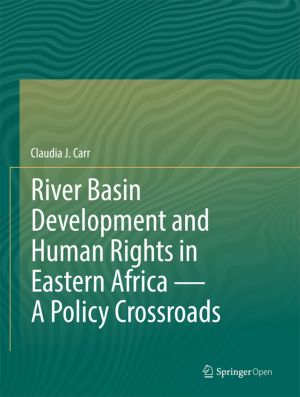
This book offers a devastating look at deeply flawed development processes driven by international finance, African governments and the global consulting industry. It examines major river basin development underway in the semi-arid borderlands of Ethiopia, Kenya and South Sudan and its disastrous human rights consequences for a half-million indigen...
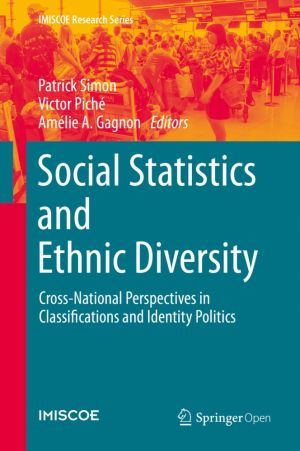
This book examines the question of collecting and disseminating data on ethnicity and race in order to describe characteristics of ethnic and racial groups, identify factors of social and economic integration and implement policies to redress discrimination. It offers a global perspective on the issue by looking at race and ethnicity in a wide vari...
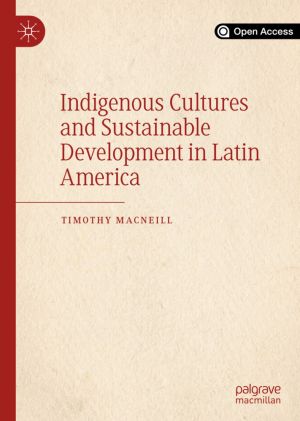
This book outlines development theory and practice overtime as well as critically interrogates the "cultural turn" in development policy in Latin American indigenous communities, specifically, in Guatemala, Honduras, Ecuador, and Bolivia. It becomes apparent that culturally sustainable development is both a new and old idea, which is simu...
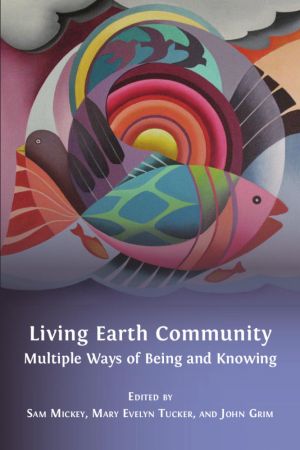
Living Earth Community: Multiple Ways of Being and Knowing is a celebration of the diversity of ways in which humans can relate to the world around them, and an invitation to its readers to partake in planetary coexistence. Innovative, informative, and highly accessible, this interdisciplinary anthology of essays brings together scholars, writers a...
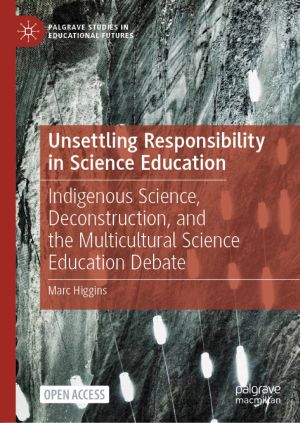
This open book engages with the response-ability of science education to Indigenous ways-of-living-with-Nature. Higgins deconstructs the ways in which the structures of science education - its concepts, categories, policies, and practices - contribute to the exclusion (or problematic inclusion) of Indigenous science while also shaping its ability r...
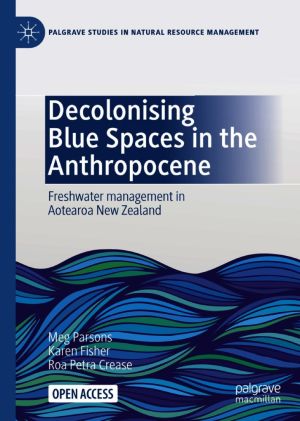
This open book crosses disciplinary boundaries to connect theories of environmental justice with Indigenous people's experiences of freshwater management and governance. It traces the history of one freshwater crisis - the degradation of Aotearoa New Zealand's Waipā River - to the settler-colonial acts of ecological dispossession resulti...
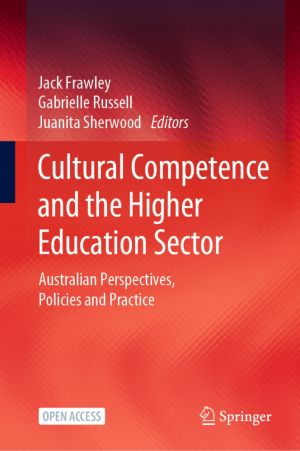
This open book explores cultural competence in the higher education sector from multi-disciplinary and inter-disciplinary perspectives. It addresses cultural competence in terms of leadership and the role of the higher education sector in cultural competence policy and practice. Drawing on lessons learned, current research and emerging evidence, th...
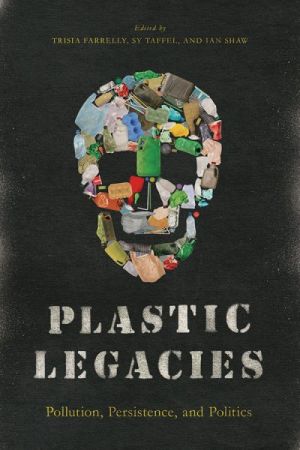
There is virtually nowhere on Earth today that remains untouched by plastic and ecosystems are evolving to adapt to this new context. While plastics have revolutionized our modern world, new and often unforeseen effects of plastic and its production are continually being discovered. Plastics are entangled in multiple ecological and social crises, f...

Drawing on Indigenous peoples' struggles against settler colonialism, Theft Is Property! reconstructs the concept of dispossession as a means of explaining how shifting configurations of law, property, race, and rights have functioned as modes of governance, both historically and in the present. Through close analysis of arguments by Indigenou...
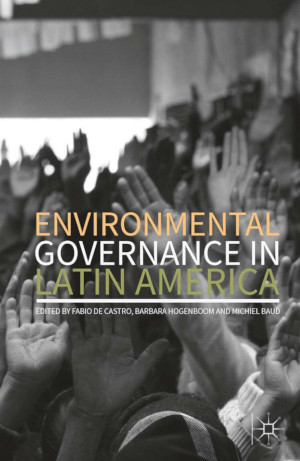
The multiple purposes of nature - livelihood for communities, revenues for states, commodities for companies, and biodiversity for conservationists - have turned environmental governance in Latin America into a highly contested arena. In such a resource-rich region, unequal power relations, conflicting priorities, and trade-offs among multiple goal...
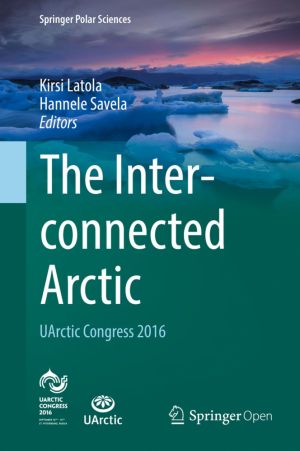
This book presents the most current research results and knowledge from five multidisciplinary themes: Vulnerability of Arctic Environments, Vulnerability of Arctic Societies, Local and Traditional Knowledge, Building Long-term Human Capacity, New Markets for the Arctic, including tourism and safety. The themes are those discussed at the first ever...
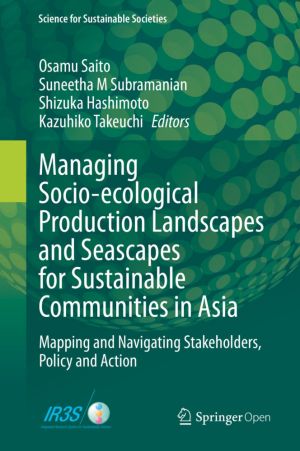
This free book presents up-to-date analyses of community-based approaches to sustainable resource management of SEPLS (socio-ecological production landscapes and seascapes) in areas where a harmonious relationship between the natural environment and the people who inhabit it is essential to ensure community and environmental well-being as well as t...

"Narratives of Memory, Migration, and Xenophobia in the European Union and Canada" explores the role of memory and narratives of the past political tools and opportunities for cultural reconciliation. This is an edited volume that compiles the proceedings of an interdisciplinary conference and graduate field school that took place in the ...

This open book is a result of the Dalhousie-led research project Safe Navigation and Environment Protection, supported by a grant from the Ocean Frontier Institute's the Canada First Research Excellent Fund (CFREF). The book focuses on Arctic shipping and investigates how ocean change and anthropogenic impacts affect our understanding of risk,...
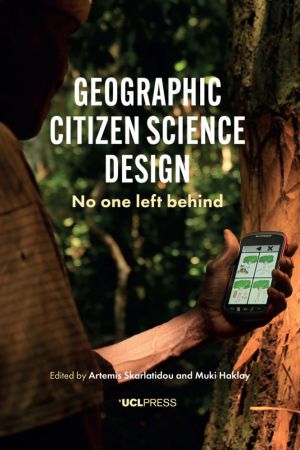
Little did Isaac Newton, Charles Darwin and other 'gentlemen scientists' know, when they were making their scientific discoveries, that some centuries later they would inspire a new field of scientific practice and innovation, called citizen science. The current growth and availability of citizen science projects and relevant applications...
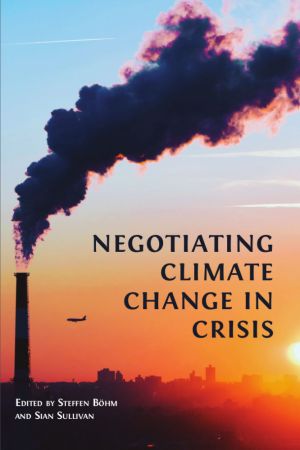
Climate change negotiations have failed the world. Despite more than thirty years of high-level, global talks on climate change, we are still seeing carbon emissions rise dramatically. This edited volume, comprising leading and emerging scholars and climate activists from around the world, takes a critical look at what has gone wrong and what is to...
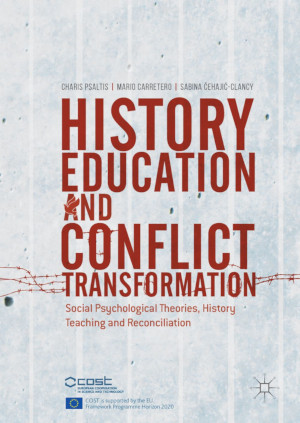
This volume discusses the effects, models and implications of history teaching in relation to conflict transformation and reconciliation from a social-psychological perspective. Bringing together a mix of established and young researchers and academics, from the fields of psychology, education, and history, the book provides an in-depth exploration...
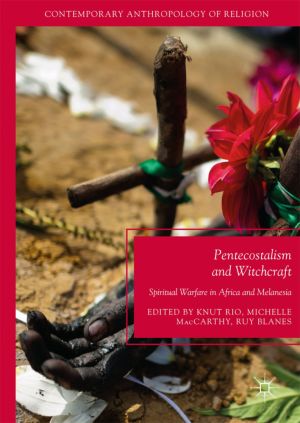
This book presents fresh ethnographic work from the regions of Africa and Melanesia—where the popularity of charismatic Christianity can be linked to a revival and transformation of witchcraft. The volume demonstrates how the Holy Spirit has become an adversary to the reconfirmed presence of witches, demons, and sorcerers as manifestations of evi...

This book presents an innovative study of the rise of unmarried cohabitation in the Americas, from Canada to Argentina. Using an extensive sample of individual census data for nearly all countries on the continent, it offers a cross-national, comparative view of this recent demographic trend and its impact on the family. The book offers a tour of t...
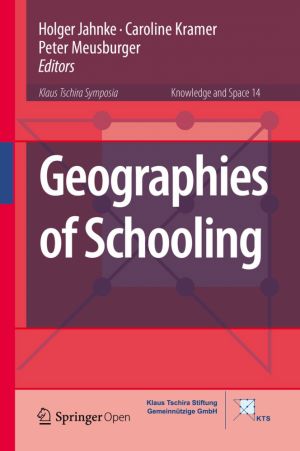
This book explores the complex relationship between schooling as a set of practices embedded in educational institutions and their specific spatial dimensions from different disciplinary perspectives. It presents innovative empirical and conceptual research by international scholars from the fields of social geography, pedagogy, educational and soc...
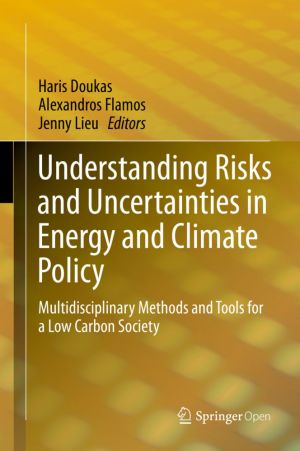
This book analyzes and seeks to consolidate the use of robust quantitative tools and qualitative methods for the design and assessment of energy and climate policies. In particular, it examines energy and climate policy performance and associated risks, as well as public acceptance and portfolio analysis in climate policy, and presents methods for ...
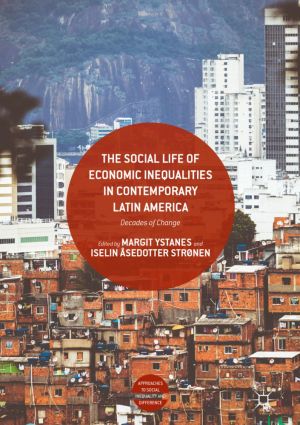
This edited volume examines how economic processes have worked upon social lives and social realities in Latin America during the past decades. Through tracing the effects of the neoliberal epoch into the era of the so-called pink tide, the book seeks to understand to what extent the turn to the left at the start of the millennium managed to challe...

This open access Pivot book is a comparative study of six early colonial public libraries in nineteenth-century Australia, South Africa, and Southeast Asia. Drawing on networked conceptualisations of empire, transnational frameworks, and 'new imperial history' paradigms that privilege imbricated colonial and metropolitan 'intercultur...
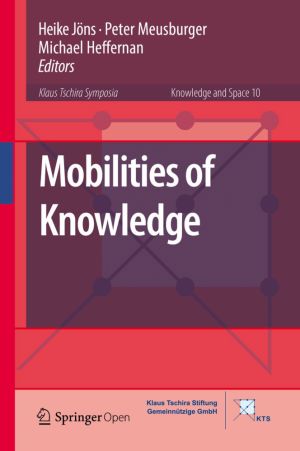
This collection of essays examines how spatial mobilities of people and practices, technologies and objects, knowledge and ideas have shaped the production, circulation, and transfer of knowledge in different historical and geographical contexts. Targeting an interdisciplinary audience, Mobilities of Knowledge combines detailed empirical analyses w...

This survey on the modernity of ethnomathematics addresses numerous themes related to both ethnomathematics and mathematics education. It offers a broader view of mathematics, including ideas, procedures, concepts, processes, methods, and practices rooted in distinct cultural environments. In addition, by reflecting on the social and political dime...
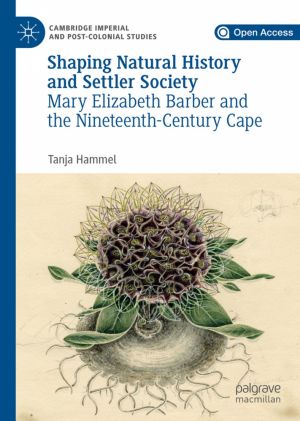
"Hammel successfully illuminates how the production and circulation of Barber's work was deeply affected by contemporary attitudes towards gender and race within the colonial context of the nineteenth-century Cape. This fascinating book is destined to become a landmark in the history of science in South Africa."
—Nigel Penn, Unive...

Lifestyle in Siberia and the Russian North breaks new ground by exploring the concept of lifestyle from a distinctly anthropological perspective. Showcasing the collective work of ten experienced scholars in the field, the book goes beyond concepts of tradition that have often been the focus of previous research, to explain how political, economic ...
